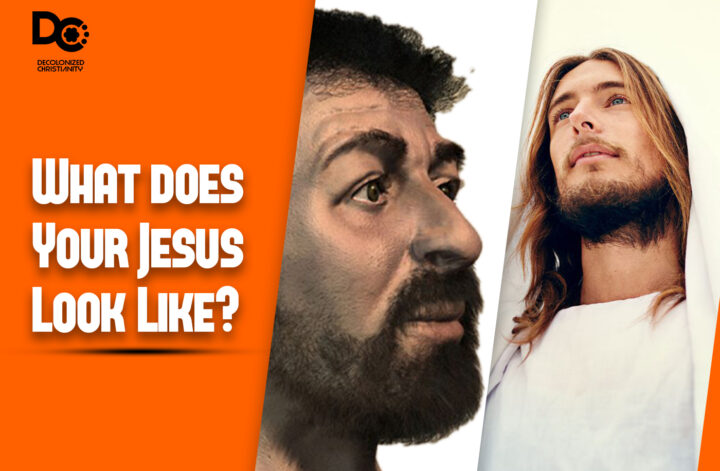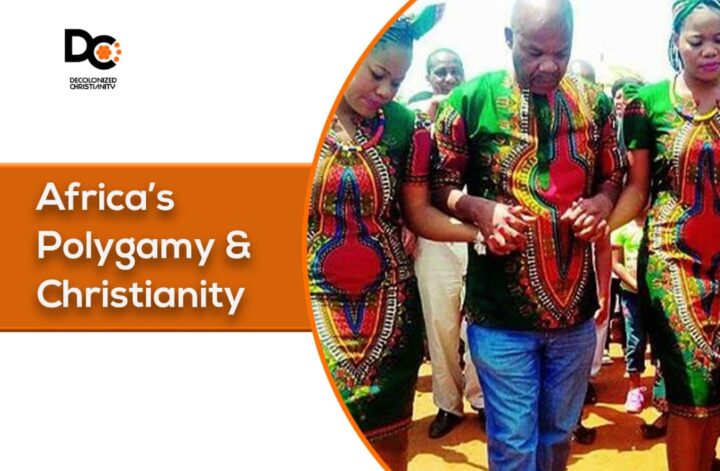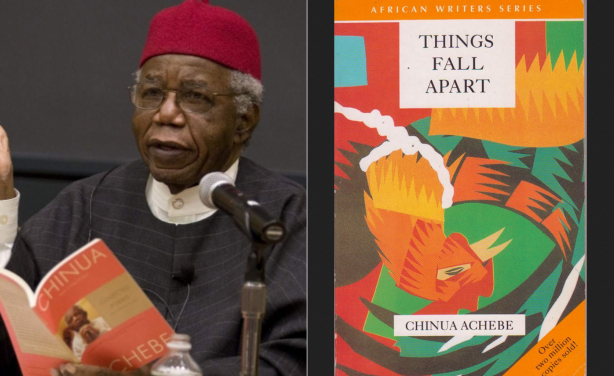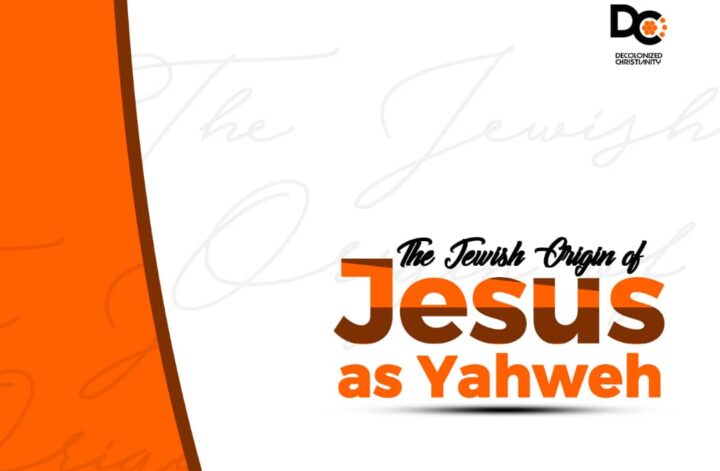A yet pervasive racism-aiding thinking error among Africans is the assumption that because colonizing white people no longer live in sub-Sahara African States, racism does not – some people even say cannot – exist in these spaces. It is a reasoning colonizer would like very much since it excuses them from the harmful consequences of their destructive escapades on the continent. This illogic sees racism as essentially a matter of how a white person treats non-white persons. Racism, for them, is relational. When construed in this way, racism cannot exist where white people are not present in large numbers and with colonization intent. Relational racism is, however, only a tiny slice—and a comparatively less significant slice at that—of racism. In places where white and black people share spaces, most black people would care less about relational racism as they would institutional racism. In post-colonial Africa, however, the problem takes different forms.
The historian, Moses Ochonu, exposes the fallacy and inadequacies of construing racism as an essentially relational phenomenon in his essay, “Racism or Classicism?” Ochonu points out that one of the fundamental contributions of critical race theory scholarship to our subject is “that racism does not require the physical presence of racists or even physical interactions between black people and white people” (2). In a land once polluted by whiteness and racist ideologies, the continuing presence of racist white people is unnecessary for racism to linger or even thrive—as my childhood experience shows.
African kids readily absorbed racist ideas without ever seeing a white person. I grew up in the early days of Nigeria’s dysfunction characterized by political instability, dictatorial governments, and a consumption-heavy economy with minimal production. So, the Nigeria of my youth manufactured nothing kids could be proud of—no airplanes, automobiles, or even unicycles. So, when we wondered how white countries had these things while Nigeria did not, our parents and older siblings readily told us that white nations are better. Better in what ways? (I doubt they considered the brain drain and foreign political pressures that continue to ensure that most sub-Sahara African states remain subservient to their colonizers.) Unknowingly, my friends and I slowly equated white people’s demonstrable technological and economic superiority with ontological superiority. We went from acknowledging that white nations operate better to concluding that white people are inherently better people. This is an instance of Black White Supremacy—a yet common phenomenon involving black people who genuinely believe that they are intrinsically inferior to a white person. I know some Nigerian adults in their 30s and above who are still black white supremacists.
Ochonu further identifies other means through which racism continues to thrive in sub-Sahara Africa. Consider “colonial mentality,” a term describing “the conscious and subconscious mimicry of behavioural and cultural standards established by European colonizers, expatriates, and other perceived agents of Euro-American modernity” (2). It manifests in different ways. For example, there is an increasing number of Nigerian parents who consciously refuse to teach the kids their native languages. Instead, they allow the kids to learn English and other European languages. The situation is so awful that the racist phenomenon exists even among those who have emigrated to Europe and North America. Ochonu provides other examples when he writes:
Colonial mentality can be found in many seemingly unremarkable practices and behaviours. The aesthetic value of ‘whiteness’ manifests itself in the popularity of skin bleaching and hair straightening and other seemingly non-racial zones of African life. Many ‘been-tos’, Africans who have visited or lived in Europe or North America, return with exaggerated ‘white’ mannerisms, accents, and a pronounced attitude of snobbery toward compatriots, particularly those of lower socioeconomic and educational backgrounds. This attitude is a classic case of racial anxieties manifesting through class and status insecurities.
Another powerful way by which racism and its white Jesus continue to circulate unchecked is in African Churches. I grew up in the Celestial Church of Christ (CCC), an African Independent Church (AIC). An AIC is a church of complete native origin, unlike others with European origin like the Catholic, Anglican, or Presbyterian churches. The Celestial Church of Christ ignorantly displays pictures of White Jesus everywhere in church buildings. These pictures are also routinely used during some sessions of every service. Likely, the leadership of CCC genuinely believes that the image they so much adore is true of the historical Jesus, and this may explain why the practice continues to this day. Interestingly, African Independent Churches are far better prepared to synthesize a Christianity that is at once African and true to the teachings of Christ than their Pentecostal and Europe-derived denominations counterparts. Historically, AICs were quick, for instance, to allow the use of native musical instruments in their worship services; they also never considered polygamy a sin or inappropriate for Christians like their cousins in Christ continue to do all over Africa.
Perhaps the most critical reminder that White Jesus yet reigns in Africa is the bizarre recent popularity of Donald Trump among African Christians. Just how was an unrepentant individual who embodies much Christian non-virtues able to hoodwink Christians in faraway lands about which that individual had nothing positive to say? One reason, I suspect, has to do with the fact that many African Pentecostal church leaders, who wield enormous influence in especially West Africa, ultimately owe their theologies to white American (and British) preachers. Besides being white, these American preachers also commit to pro-racism theologies; they were all pro-Trump in the US 2020 election. Readers may remember the roles played by Kenneth Copeland and Bill Johnson, to mention just two examples, during Trump’s re-election bid. So, in a genuine sense, many African Christians merely displayed their pastors-transferred convictions, derived from racist white American preachers. Describing the African context in which Trumpism manifested, Paul Ojeikere writes in Daily Trust:
Although, exploitation of the Bible to hoodwink unsuspecting Africans is still prevalent; the color of the perpetrators has changed. African religious leaders have perfected the operating model of the foreign imperialists. Just like the slave owners and colonialists, the nouveaux rich African pastors seek to completely dominate the minds of their followers. Even the most educated of the society are not spared. Many adherents are content to jettison their God-given intellect and embrace a charismatic firebrand pastor.
Ochonu makes a similar point about “the prolific ability of black elites to wittingly and unwittingly carry on the mantle of racism through practices that many misunderstand as classism” (2). In today’s sub-Sahara Africa, religious leaders occupy some of the topmost echelons among the elites.
What complicates the matter is that behind the voices of many “nouveaux rich African pastors” is typically a white preacher’s voice. Considering that Pentecostal parishioners accept their pastors’ voices as almost that of God, they had no trouble believing the message of Mr. Trump somewhat being a savior of Africa from America, a proposition that is as absurd as it is racist. The message itself ultimately began with American white preachers. And, as already pointed out, some of these white preachers, who worship a culturally invented White Jesus, enormously influence many an African preacher. African churches subtly pass on racism this way every week.
The good news is that for some decades, many African theologians such as Kwame Bediako, Mercy Oduyoye, and Lamin Sanneh have recognized the need for and have assiduously worked towards decolonizing theology. I hope that younger theologians will continue to deliver and that the works will receive acceptance in African churches sooner than later. When that happens, Africa shall completely shed off the familiar harmful white Jesus imagery.
Works Cited in Series
Ochonu, Moses. “Racism or Classism? Africa’s Hidden Race Problem.” The Republic, vol. 3, no. 1, 2019, np. The Republic, https://republic.com.ng/vol3-no1/racism-or-classism. Accessed 25 June 2021.
Ojeikere, Paul. “Trumpism and Christianity: A marriage of Strange Bedfellows.” Daily Trust, 31 Jan 2021, np. https://dailytrust.com/trumpism-and-christianity-a-marriage-of-strange-bedfellows.
Parsons, Mikeal C. “The Character of the Lame Man in Acts 3-4.” Journal of Biblical Literature, vol. 124, no. 2, 2005, pp. 295–312. JSTOR, www.jstor.org/stable/30041014. Accessed 2 June 2021.
Taylor, Joan E. What Did Jesus Look Like? Bloomsbury Publishing Plc, 2018.




